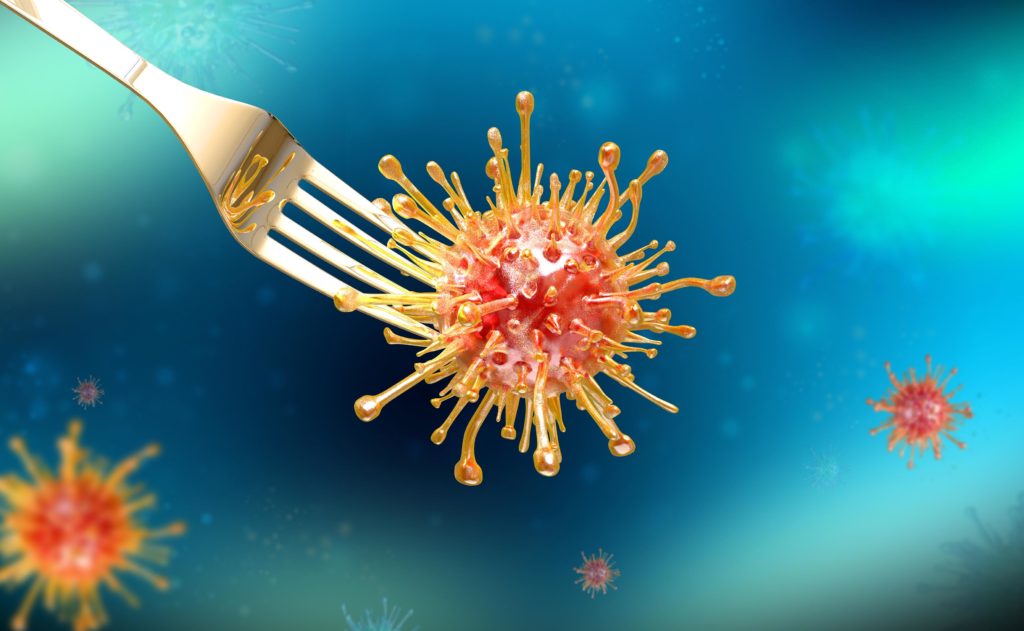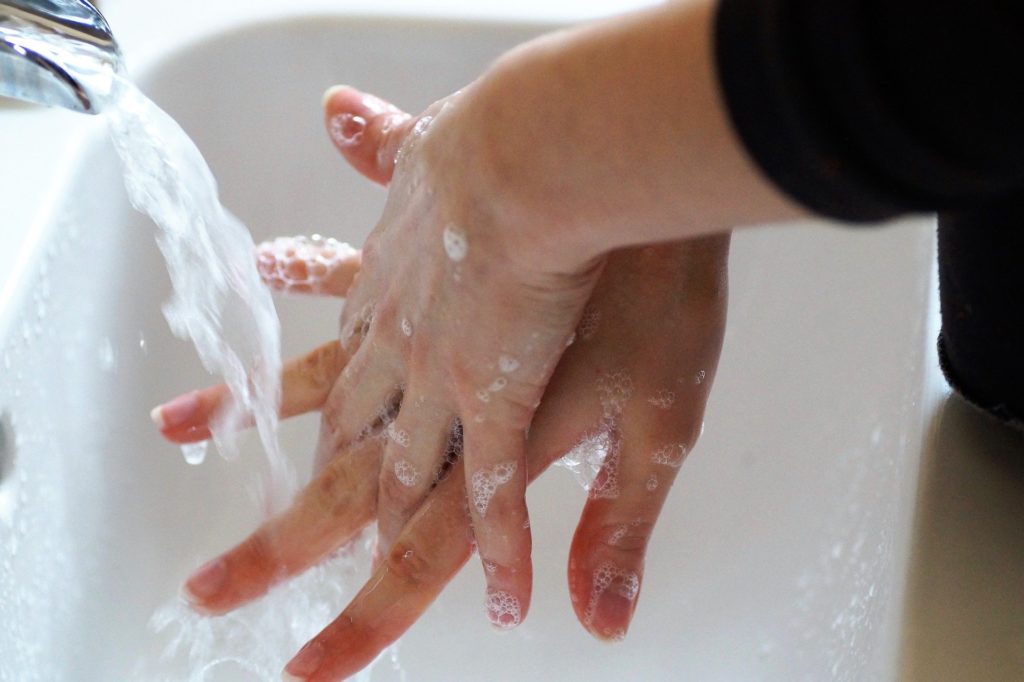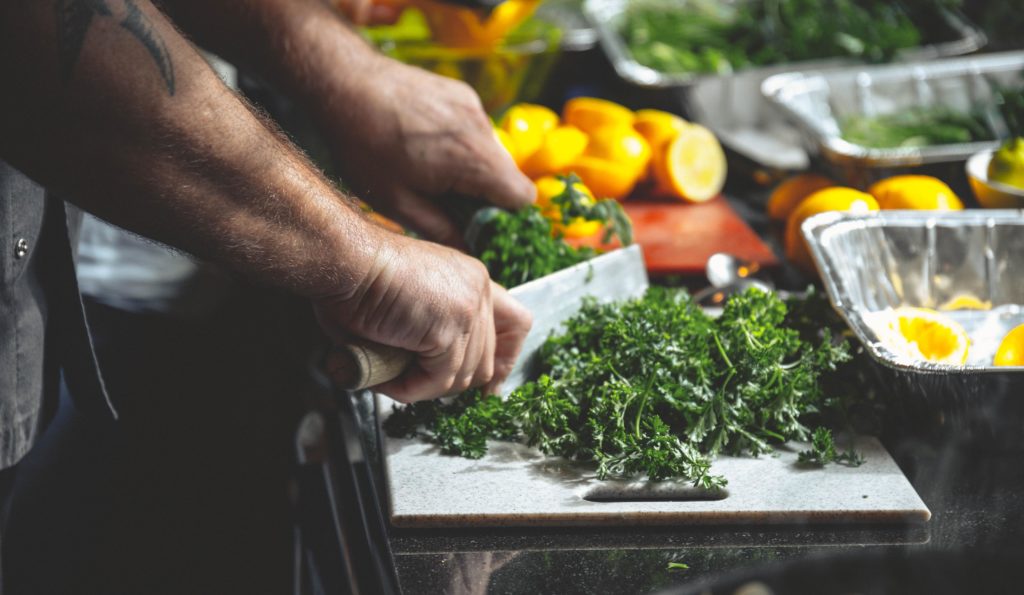Australia’s latest food safety report card
The Food Safety Information Council, together with partner Environmental Health Australia, has released a report card on Australia’s food safety record to coincide with the third annual UN World Food Safety Day, June 7. This year’s theme, “Safe food today for a healthy tomorrow”, stresses that the production and consumption of safe food has immediate and long-term benefits for people, the planet and the economy.
Council Chair, Cathy Moir, says that in an average year, there are an estimated 4.1 million cases of food poisoning in Australia that result in 31,920 hospitalisations, 86 deaths and one million visits to doctors. According to Moir, this past 12 months has seen a mixed report card for Australian food safety. Below, she shares the details.

Less diagnosed food poisoning
During 2020, there were fewer diagnosed cases of Campylobacter and Salmonella infections. Much of this reduction could be due to restaurant and food business closures during lockdowns. There were also fewer international travellers who may have acquired food poisoning overseas. People may have also been less likely to seek medical attention, and there may have been impacts on laboratory testing capacity.

Handwashing improves after the loo
We saw an improvement in some handwashing. Our 2020 national handwashing survey found a four percent increase in the number of people who said they always wash their hands after going to the toilet. This is up from 79 percent to 83 percent.
Handwashing decreases before food prep
Unfortunately, there was a five percent drop in the number of respondents (from 63% to 58%) saying they always washed their hands before handling food.

We need to close the gender gap
There’s still a gender gap in food safety knowledge between men and women. For example, men were less likely than women to say they always wash their hands after using the toilet (80% of men vs. 85% of women) and before touching food (53% of men vs. 62% women).
We need to close the age gap, too
Our recent handwashing survey found only 75 percent of respondents between 18 and 34 years said they always washed their hands after going to the toilet, compared with 89 percent of over 50s. Only 55 percent of respondents between 18 and 34 years said they always washed their hands before handling food, compared with 61 percent of over 50s. This is a concern, as young people will often go on to work as food handlers or have jobs caring for vulnerable groups in the child, aged care and disability sectors.

Stop picking or eating those wild mushrooms
Poisons information centres around the country have reported increased calls from people who may have eaten poisonous mushrooms. Wild mushrooms have been growing profusely this year after wet weather. So don’t eat wild mushrooms unless you’re certain they’re safe.
Unregulated risk
Finally, a big fail for some of the social media giants such as Facebook and WeChat. These guys continue to advertise unregulated food for sale. Don’t risk buying from an illegal seller. Ask yourself, is the location you collect the food from a home address? Does the vendor have proof they have a food licence or are a registered business? Is the food a much cheaper price than you would usually pay? If in doubt, don’t take the risk.
Whether you’re a home cook, want to set up a food business, volunteer at a fundraiser or would just like to learn more about food safety, the Food Safety Information Council website has some easy-to-use and cost-effective resources.









